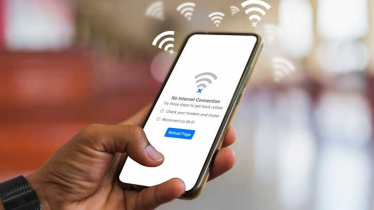
Photo : Courtesy
The Internet has become a ubiquitous part of everyday life and while its advantages are numerous and far-reaching, we all need to ensure we are protecting ourselves and our precious personal information while online. Just as you wouldn’t drive your car down the freeway without your seatbelt on, so too you shouldn’t hit the digital superhighway without the right safety measures to ensure you’re safe while navigating the Internet.
Safer Internet Day on February 6 is a timely reminder on how to protect yourself on the internet—notably the importance of strong passwords to prevent credential theft, which is used to break into corporate networks and escalate privileges to steal data and eventually launch attacks such as ransomware. As Christopher Budd, director, threat research, Sophos X-Ops, says:
“While we all hate passwords and know they’re a pain, they remain important. Even today we see major companies compromised because of bad password management by them or their people. Using unique passwords for every site (or at least every important site) is still one of the best things you can do to keep yourself secure. In addition to using unique passwords, using a multifactor authentication app is a key step in securing critical accounts and information.”
Illustrating the importance of strong passwords, Sophos X-Ops found that in the first half of 2023, compromised credentials were the most common root cause in attacks that Sophos Incident Responders were brought in to remediate. Cybercriminals exploited stolen log in details to get into a business’ network in more than half (56%) of the attacks remediated, a 26% jump from 2022.
Budd also highlights that it’s important to remember the power of ‘no.’
“The best way to protect your data and information is to not give it away in the first place. Just because a site asks you for your birthday, doesn’t mean they need it, nor are they entitled to it. Put simply, if a site or service doesn’t have your information, they can’t lose it, accidently disclose it nor can it be stolen from them.”
Following these two basic cyber hygiene steps – strong passwords and not giving away data in the first place – will take you a long way towards keeping yourself safer online.
* Use caution when clicking on links
* Keep all applications, apps, and devices up to date
* Invest in good security software
* Treat all unsolicited communications (email, phone calls, texts) as suspicious
Messenger/Anjan/Shahed








